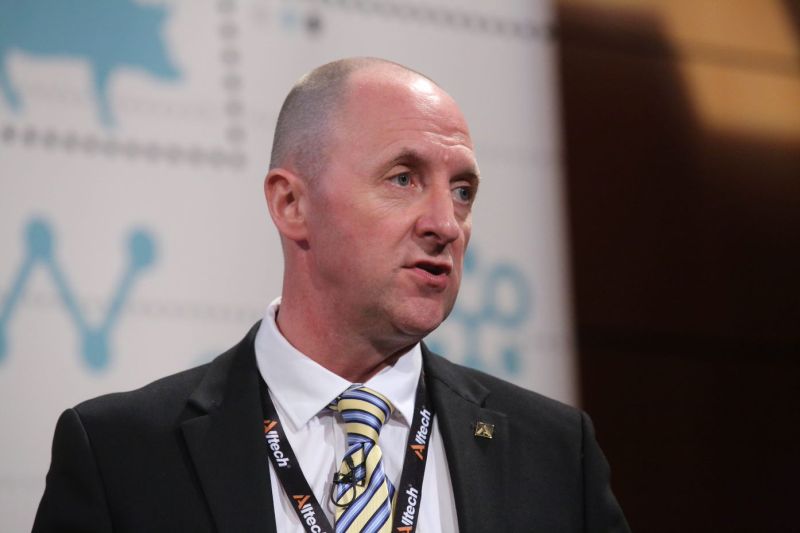
Industry experts have called for collaboration between all stakeholders to help tackle greenhouse gas emissions in ruminant production.
The environmental impact of beef and dairy systems is coming under increasing scrutiny, attendees at the Alltech European Technical Summit heard earlier this month.
The industry has been encouraged to be more proactive in addressing the issue, according to experts at the event.
This is especially important in order to meet the demands of consumers, who are more conscious than ever about the impact of the food they eat, as well as retailers who are faced with ambitious emission reduction targets.
Hannah Donegan, Tesco beef manager for the UK, highlighted the retailer's target to reduce supply chain carbon emissions by 7 percent by 2020.
With over 60 percent of emissions coming from agriculture, she admitted there was plenty of work still to be done at farm level.
However, because the price of food remains a key decision-making point for consumers, she said carbon mitigation measures on-farm need to be affordable because, at present, this investment will not be reflected in improved farm gate prices.
Ms Donegan said the good news is that there is significant potential for environmental improvements on beef and dairy farms, many of which are also essential to increasing farm business profitability.
According to Dr. Carolyn Opio from the Food and Agriculture Organisation (FAO) of the United Nations, a 20 to 30 percent reduction in emission intensity is possible by improving efficiency using technology that is already available.
This includes implementing measures to cut down on the amount of energy and nutrients lost within the production cycle, therefore increasing the proportion that are used for producing milk and meat outputs.
Feed waste
According to Ian Leach, Alltech’s retail programmes manager, tackling feed waste on-farm is a simple way to improve both environmental credentials and farm business profitability.
“Two-thirds of the livestock sector’s carbon footprint comes from enteric emissions from ruminants, with feed being a big driver,” said Mr Leach.
“While tackling this issue is complex, there is huge potential in terms of feed inputs that can make significant progress.”
He added: “A holistic approach is the only answer, and we need on-farm advice, specific technologies and robust benchmarking to reduce physical wastage in the field, at storage and during feed-out, as well as to address underutilisation of feed by the cow.”
Referring to a preliminary report from an Alltech pilot study in the UK looking at feed waste, Mr Leach said as much as 45 percent of feed is lost in some dairy systems.
“This equates to a loss of £1 out of every £3 spent on feed, hurting both farmers’ pocket and the environment,” he explained.
While the Alltech European Technical Summit delivered a sense of optimism for the beef and dairy sector, with an extra 3 billion people expected to join the middle class by 2030 and drive demand for food and animal products, the industry was encouraged to work together to deliver this in the face of climate change.
